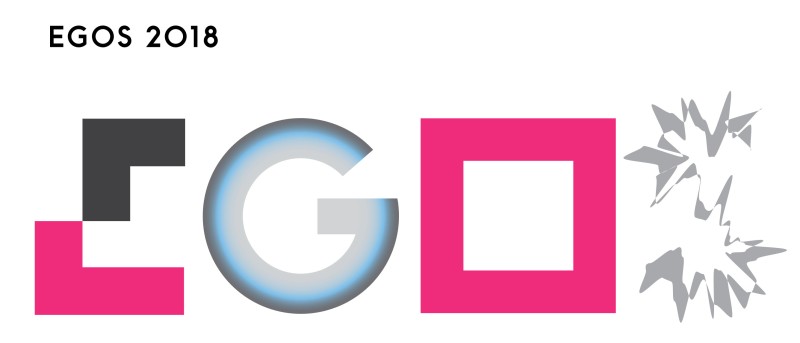PDW 02: Paradox Theory as a Way to Understand Complex Problems
Call for Applications
Facilitators:
Dror Etzion, McGill University,
Canada
Frank Figge, Kedge Business School, Marseille, France
Jonatan
Pinkse, University of Manchester, United Kingdom
Purpose
The interest in paradox theory has been growing
significantly over the past years. In line with this year’s Colloquium topic, this Paper Development Workshop (PDW) aims at
shedding new light on the questions of surprises in paradox research. Surprises often occur around complex problems. Organizations
face a range of complex problems that arise in uncertain and/or dynamic environments. Typically, complex problems are systemically
intertwined across multiple levels, evolve dynamically over time, and have long-term consequences. Oftentimes, addressing
complex problems has repercussions on other issues.
This PDW – that is linked to the EGOS SWG 09 and to sub-theme
06/2018 – intends to explicitly engage scholars in discussions around innovative contributions as well as new theoretical
and methodological approaches based on paradox theory that further our understanding of complex problems in and around organizations.
The PDW welcomes papers adopting a paradox perspective on complex problems (for instance, biodiversity, climate change, data
privacy, demographic change, economic crises, human rights, innovation, structural change, stakeholder management, sustainability,
and water scarcity) and is open to conceptual and empirical work at different levels of analysis.
PDW 02
is a pre-Colloquium activity that aims to help scholars develop their papers. In addition to sub-theme 06, this workshop offers
an arena for scholars sharing an interest in the field of paradox, competing demands, and plurality, to develop their ideas
towards publishable research articles. Further, the PDW extends to other sub-themes dealing with complex problems; the focus
will be on small group interaction.
This PDW is open to all scholars interested in paradox theory and complex
problems. Papers will be selected depending on the fit with the call as well as with regard to their innovativeness and potential
contribution. PhD students and early career scholars are particularly encouraged to submit.
Format
This
PDW will start with a brief introduction on the topic. Accepted papers will be presented and thoroughly discussed in round
tables sessions. All participants are expected to have read the papers of their fellow session presenters and be ready to
contribute to their discussion.
Application
Please submit – via the EGOS website – by April 30, 2018 a single document of application (.doc, .docx or .pdf file) that includes the following information:
A short letter of application containing full details of name, address (postal address, phone and email), affiliation (date of PhD completion for early career scholars), a statement of why the applicant considers it valuable to attend this PDW as well as an indication of what journal(s) the paper is likely to be submitted to;
A draft/working paper with max. 10 double-spaced pages, incl. references, figures, or tables
By submitting an application/document,
you agree to provide (= to upload via the EGOS website) a full paper version prior to this PDW.


